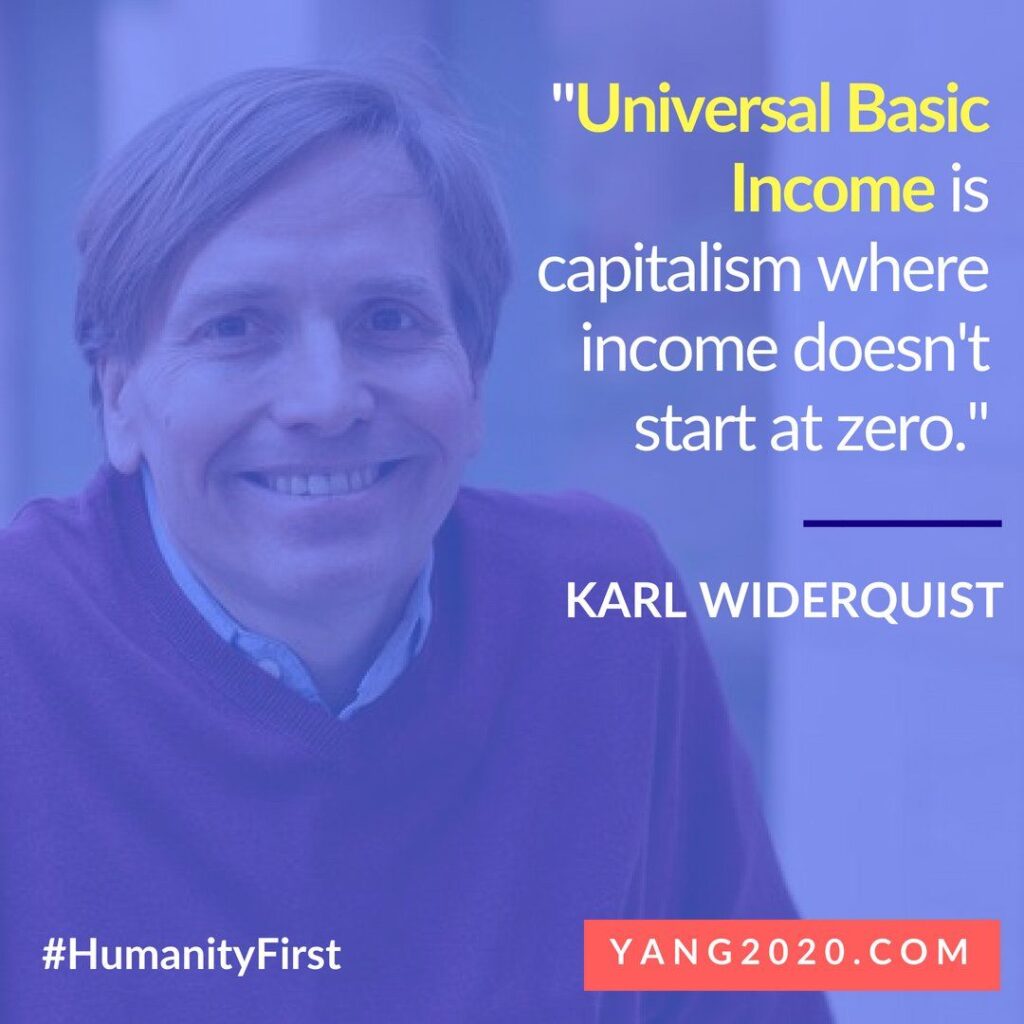Mandatory Participation Series Contents
For centuries, we have been presented with two political visions: centralized collectivism and a highly selfish conception of individualism, as if these two visions or something in between were the only possibilities.

By this collectivist vision, I don’t necessarily mean socialism or communism, but also social democracy, the welfare state, and most versions of “the social contract,” in which society is viewed as a collective project for the mutual benefit of all contributors. The project is supposed to take into account the individual wants, and concerns of every member. But it’s supposedly obvious that all members’ wants and needs are sufficiently met either by the existing social project or by so-and-so’s vision of what it should be. If decisionmakers knew that the social project was oppressive to anyone, they would change the rules. Therefore, once that vision is in place, there is no reason to defend a right to opt-out. Caring for others is synonymous with contributing to the social project. Anyone who opts out is rejecting their responsibility to care about others.
If a disadvantaged individual objects to the choices available to them in the project, the goals of the project, or the rewards given to them by the project’s design, they can voice their complaint, but some set of democratically chosen decisionmakers have the final say. If decisionmakers rule against them, dissenters can be dismissed as lazy, weak-willed, exploitative, or selfish. What social arrangements should you fight for if you believe disadvantage individuals shouldn’t have to subordinate themselves to any particular vision of the social project?
The alternative vision in our political debate claims to respect your individuality. It accepts the possibility that powerful government decisionmakers often don’t know what’s best, and so it offers an individualist vision in which you, the individual, owe only one thing to everyone else: the duty to passively respect their rights. But one of those rights is a highly unequal right of property in the resources of the Earth and the external assets we make out of those resources. That system was installed by powerful government decisionmakers decades or centuries ago for the benefit of insiders and over the objections of the mass of the world’s common people.
The property-rights vision delivers a lot of individualism for advantaged people who have resources that free them to do what they want and no responsibility to others except to respect the property they might or, more often, might not have. For the disadvantaged, it offers little individual freedom. Instead, it offers subordination. Years of taking orders from the people who have more rights to the Earth’s resources and the external assets we make out of them, thereby effectively making them as much or more subordinate to powerful and privileged people than they were under the contractarian version. This is sold to us as “individualism?” At least the collectives admitted a responsibility to care about disadvantaged people’s wants and needs and to listen to their concerns, even if they had a bias perspective and poorly understand disadvantaged individuals.
We are presented with a false dichotomy. Supposedly, if you care about whether other people thrive, you have to accept individual subordination to the social project; if you care about individualism, freedom, and rights, you must subordinate yourself to the few people who own the Earth. Is there no system that respects everyone as an individual without subordinating them either to a privileged class or a collective project?
Of course, there is. That alternative is society with a livable UBI. In this vision, to care about others is to care first and foremost about them as an individual. To care about an individual is to care that they have the same rights and the same power of their own life as anyone else. In this vision, before we dedicate the resources of the Earth to private or to collective projects, we put in place a system to make sure everybody gets a share sufficient to meet their basic needs. We can still have collective projects, but we build our community with unforced participation of even the least advantaged person. We invite people to join our collective and private projects, but we never demand, force, or cajole them. We stand in solidarity with every other person’s need to opt-out if the system isn’t working for them as they see it from their individual perspective. This alternative is more individualistic that unfettered property rights and kinder to the disadvantaged of the community than a social project with mandatory participation.
AUTHOR’S NOTE: Most of the posts in this series were written with the intention of going into my forthcoming book, Universal Basic Income: Essential Knowledge for MIT Press, and many, if not most, of the ideas presented here did make it into the book, but the publisher suggest I soften the wording and some of the arguments, because as is, in this version of it, “the anti-UBI crowd seems like a bunch of mustache-twirling robber barons,” and she rightly thought that the antagonistic stance would be less convincing than more confrontational one here. So, for the book, I made those changes, but I liked what was left out as well. I thought there must be a place for it. And I decided that place was on my blog. I refer everyone to the book because it has a different approach; because it benefits from peer review, copyediting, and more extensive proofreading; and because it has important ideas that aren’t here. Also, many of the arguments here are developed more fully in other books and articles of mine, most of which you can find on my website: www.widerquist.com.
Karl Widerquist, Karl@Widerquist.com